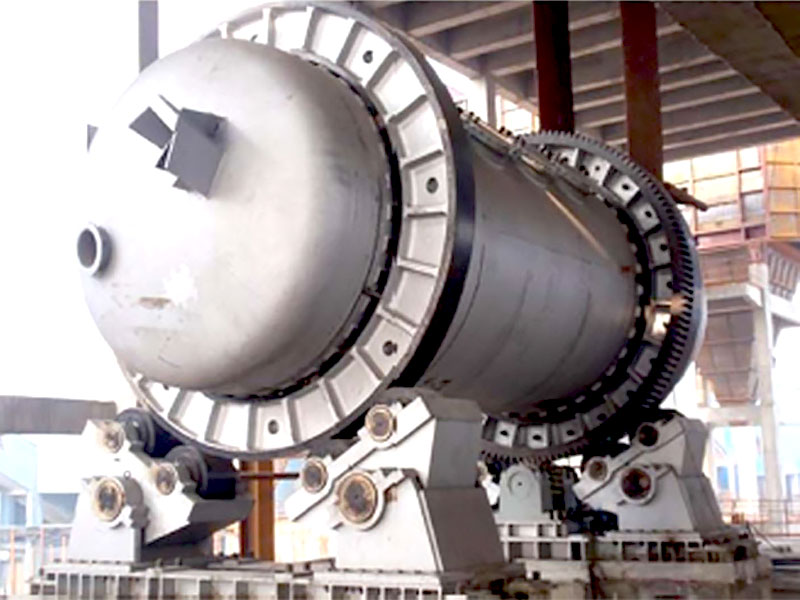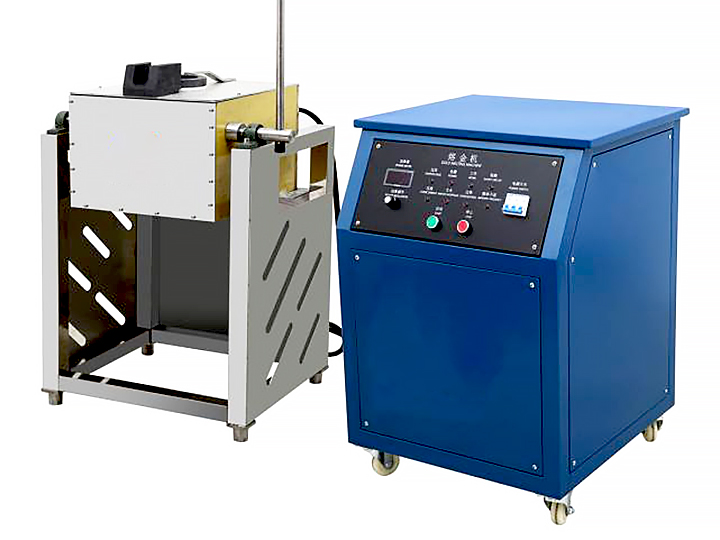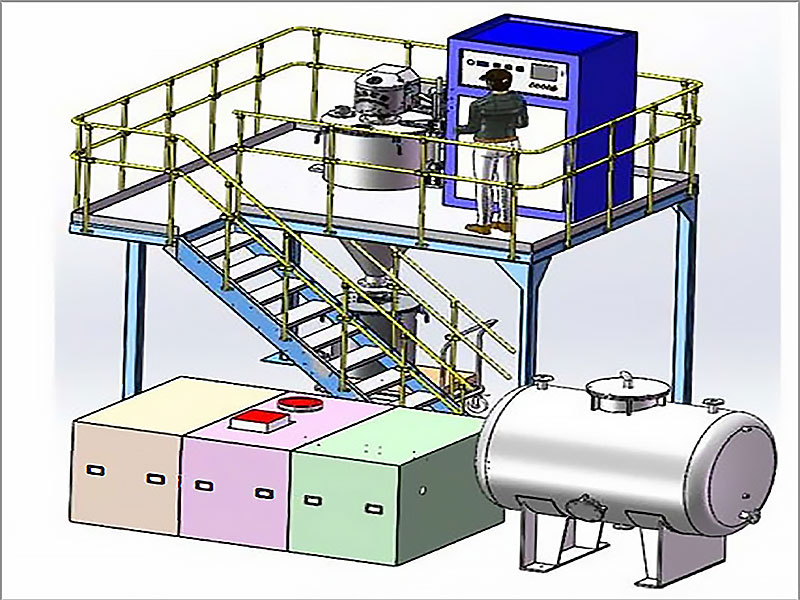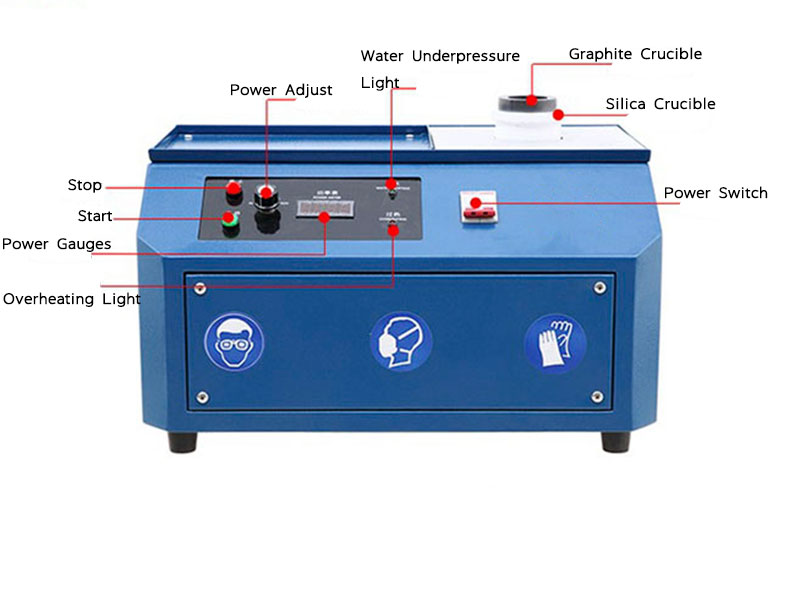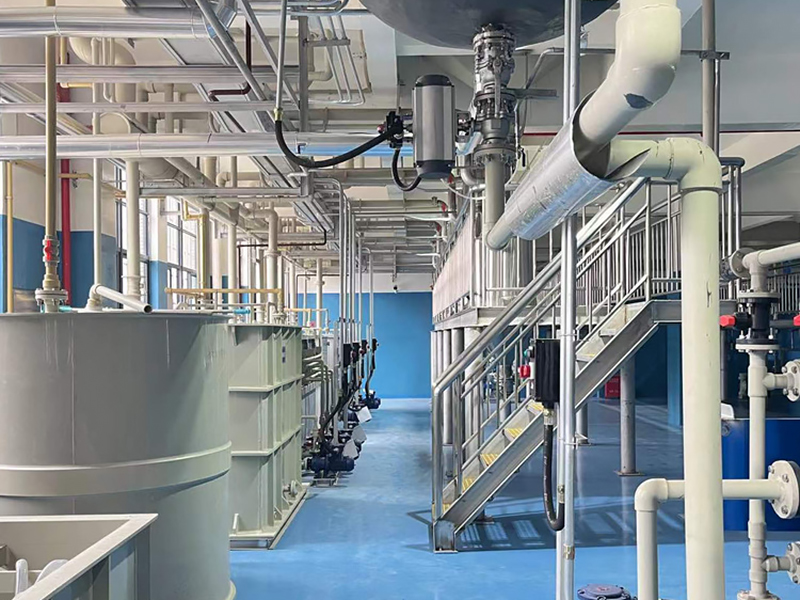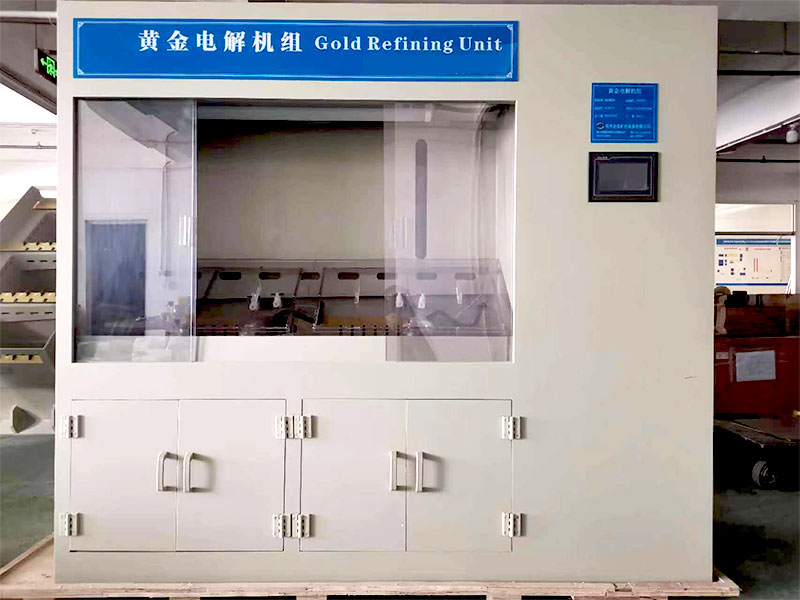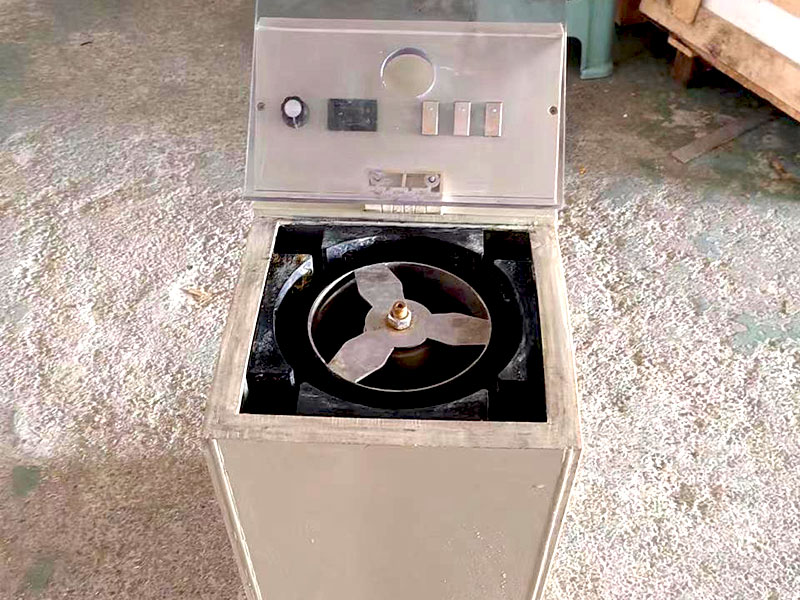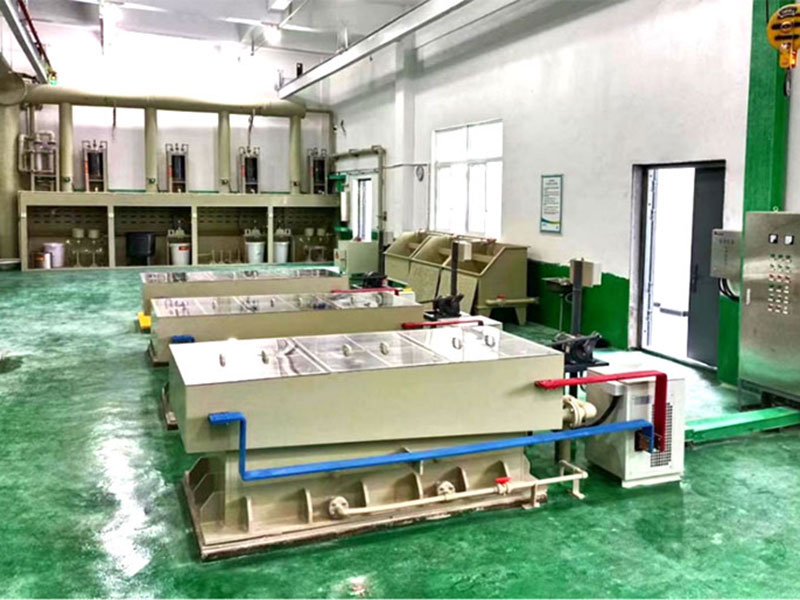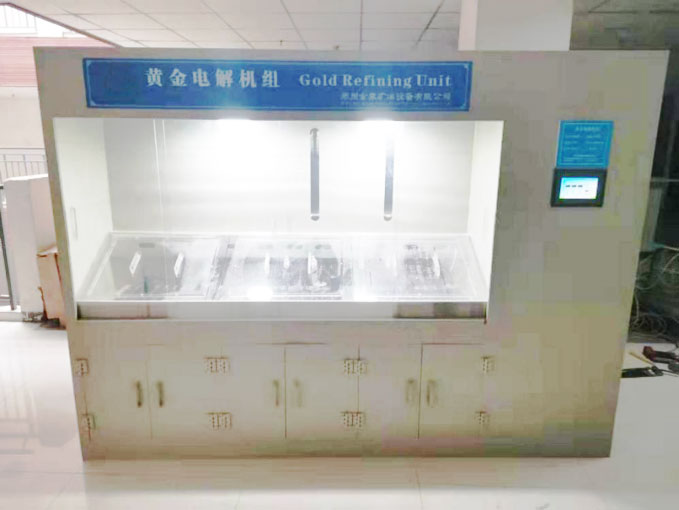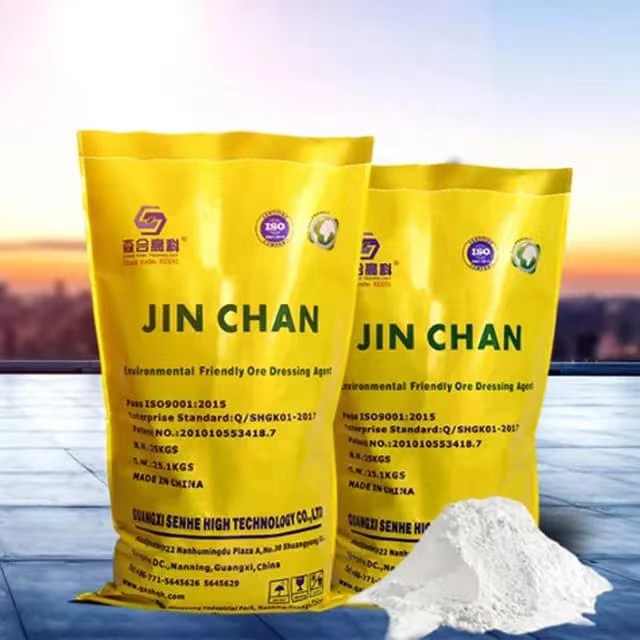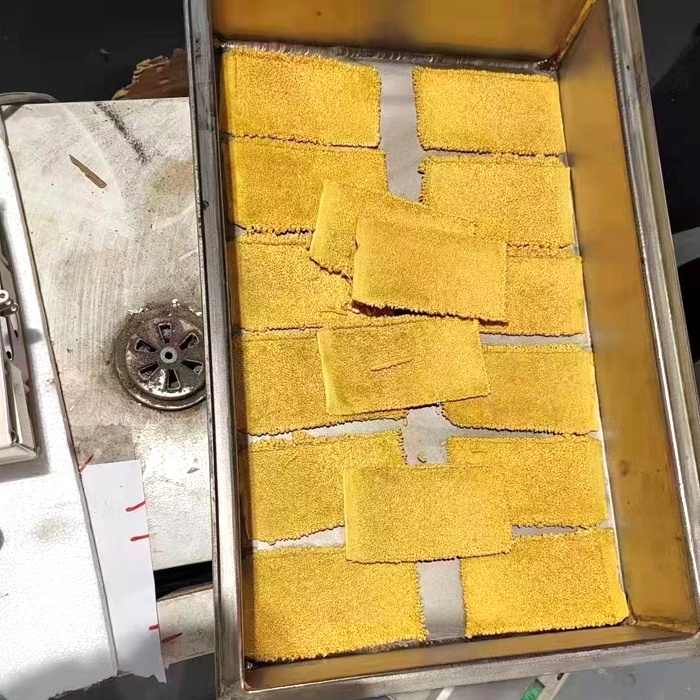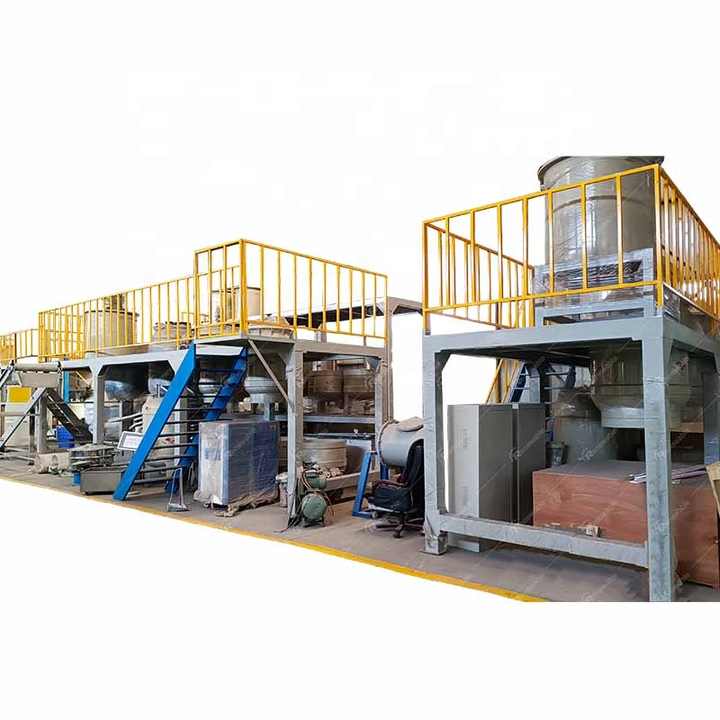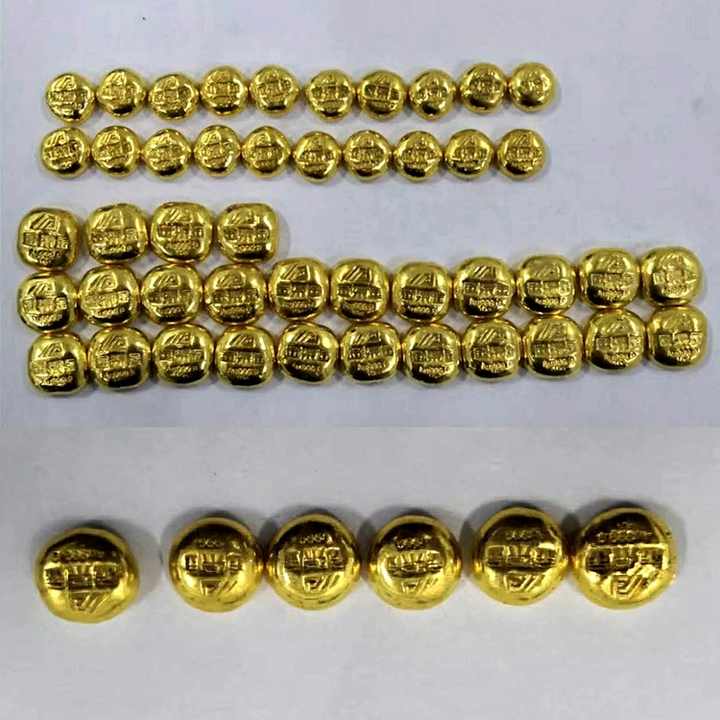gold refining electrolysis process
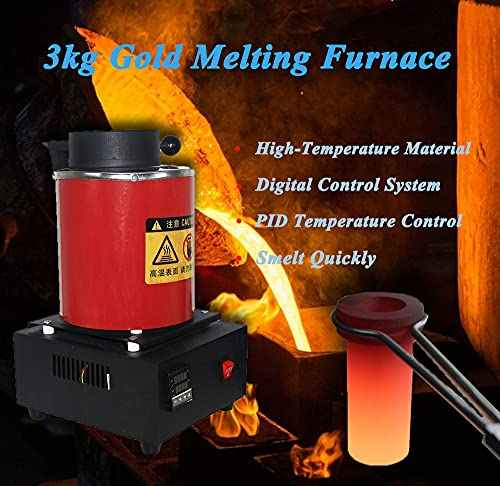
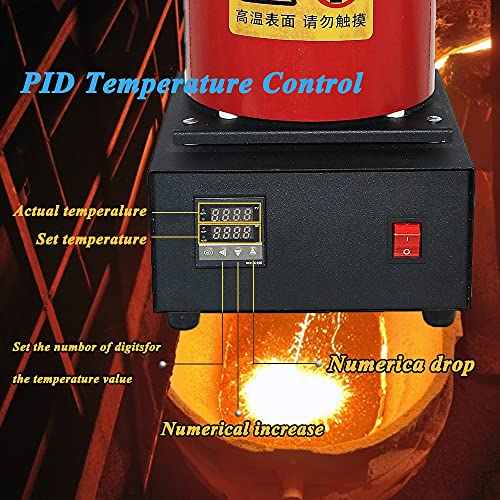
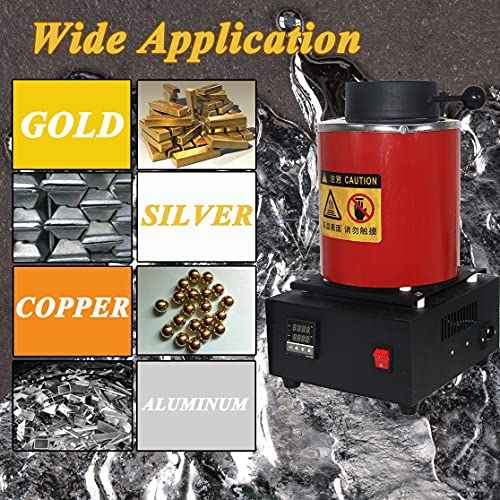
Gold Refining Equipment and Supplies Essential Tools for the Refining Process
Gold refining is a complex and precise process that requires specialized tools to extract pure gold from raw materials like ore, scrap, and other gold-containing items. Gold refining equipment and supplies are essential to ensure that the process is carried out efficiently and safely. These tools come in various forms, each suited for different stages of the refining process, from smelting to the final purification.
Key Types of Gold Refining Equipment
Crucibles
Crucibles are an indispensable part of gold refining equipment and supplies. Made from materials such as ceramic or graphite, they are designed to withstand extremely high temperatures, which makes them ideal for melting gold. Crucibles are available in various sizes, depending on the scale of the operation, and are commonly used in both small-scale and industrial refining processes.
- Graphite Crucibles: These are particularly suited for small-scale refining because they can withstand the intense heat generated during smelting and provide an even melt.
- Ceramic Crucibles: Often used in larger operations, ceramic crucibles are durable and resistant to thermal shock, making them ideal for continuous use in refining furnaces.
Smelting Furnaces
Smelting furnaces are the backbone of any gold refining operation. These furnaces are designed to melt the gold and remove impurities through heat, typically at temperatures exceeding 1,000 degrees Celsius. There are different types of furnaces, each with unique advantages.
- Induction Furnaces: These are widely used in large-scale industrial settings due to their ability to heat gold quickly and evenly, minimizing energy consumption.
- Propane Furnaces: Smaller-scale refiners often prefer propane furnaces as they are portable and more affordable while still offering sufficient heat for smelting small amounts of gold.
- Electric Furnaces: Ideal for those working with gold on a mid-range scale, electric furnaces offer precise temperature control and a cleaner refining environment.
Refining Chemicals
Chemicals play a crucial role in the purification process, particularly for separating gold from other metals and impurities. A variety of chemicals are used in gold refining equipment and supplies, depending on the specific refining method.
- Aqua Regia: A mixture of nitric and hydrochloric acid, this solution dissolves gold, allowing for the separation of the metal from impurities. It’s commonly used in chemical refining processes.
- Sodium Nitrate: This chemical is often used in the preparation of aqua regia or for precipitating gold from a solution.
- Flux: A vital component in the smelting process, fluxes such as borax help to remove impurities by forming a slag that can be easily separated from molten gold.
Refining Kilns
Kilns are another key piece of gold refining equipment and supplies. They serve the purpose of heating and holding crucibles during the refining process. These can range from simple propane-fired kilns to more advanced electric models, depending on the scale and type of refining.
- Propane Kilns: Used for small-scale refining, these kilns are affordable and easy to use.
- Electric Kilns: Often preferred for precise temperature control, electric kilns are more suitable for larger or continuous operations.
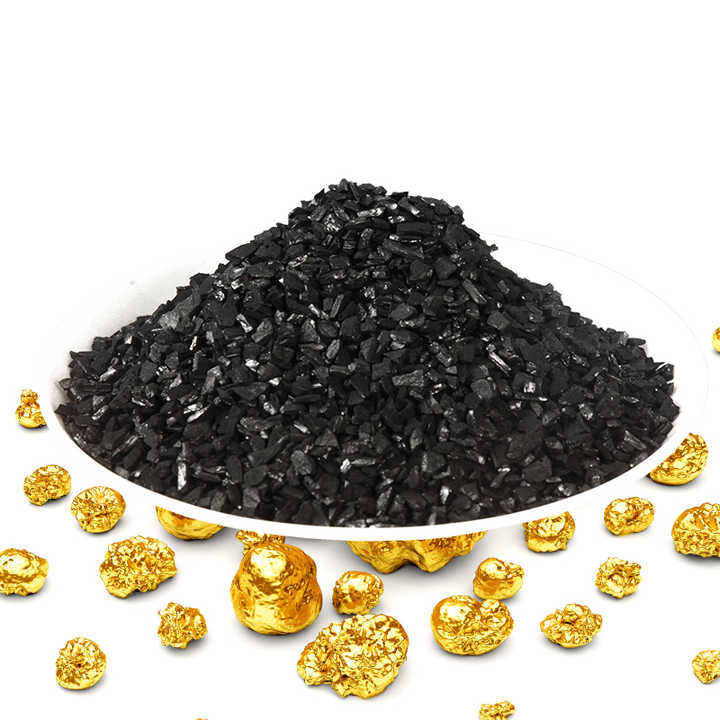
Essential Gold Refining Supplies
Molds
Molds are used in the final stages of the refining process to shape molten gold into bars, coins, or other forms. They are typically made of graphite or cast iron and come in various shapes and sizes.
- Ingot Molds: Commonly used to shape molten gold into bars, these molds are essential for commercial operations looking to produce gold bullion.
- Coin Molds: These are used by refiners interested in producing gold coins or medallions. Precision is key here to ensure consistent sizing and weight.
Assaying Kits
Assaying kits are essential for determining the purity of gold before and after refining. These kits often include acids for testing gold purity, as well as scales for weighing.
- Gold Testing Acids: Used to determine the carat weight of gold, these acids react with the metal to reveal its purity. This is especially important for scrap gold refiners.
- Scales: Precision digital scales are necessary for accurately measuring the weight of gold before and after refining.
Safety Supplies
Given the high temperatures and potentially hazardous chemicals involved in gold refining, safety equipment is a vital part of gold refining equipment and supplies.
- Heat-Resistant Gloves: Crucial for handling molten gold and hot equipment, these gloves protect the refiner from burns.
- Protective Eyewear: Used to shield the eyes from heat and splashes of molten metal or chemicals during the refining process.
- Fume Hoods: Chemical refining processes like aqua regia emit toxic fumes. Fume hoods help to vent these gases safely, protecting the refiner from harmful exposure.
Choosing the Right Gold Refining Equipment and Supplies
Refining Scale
The scale of your refining operation is one of the most important factors in choosing the right gold refining equipment and supplies. Smaller operations may only need basic tools like a crucible, furnace, and testing acids. Larger industrial operations will require more advanced equipment such as induction furnaces, electric kilns, and fume hoods.
Refining Method
The type of refining method you choose will also dictate the necessary equipment. For example, if you opt for chemical refining with aqua regia, you’ll need a range of acids and safety supplies, while a smelting process will require high-quality furnaces and molds.
Purity Goals
If you are refining for high-purity gold, you’ll need precision equipment like digital scales, advanced furnaces, and possibly even electrolytic refining tools to achieve maximum purity levels.
For anyone involved in the gold refining industry, having the right gold refining equipment and supplies is essential for efficient and safe refining. From crucibles and smelting furnaces to assaying kits and safety gear, each piece of equipment plays a crucial role in the overall process. Whether you’re refining small batches of scrap gold or running a large-scale commercial operation, understanding and investing in the appropriate equipment will help you achieve high-quality results while minimizing costs and ensuring safety.

